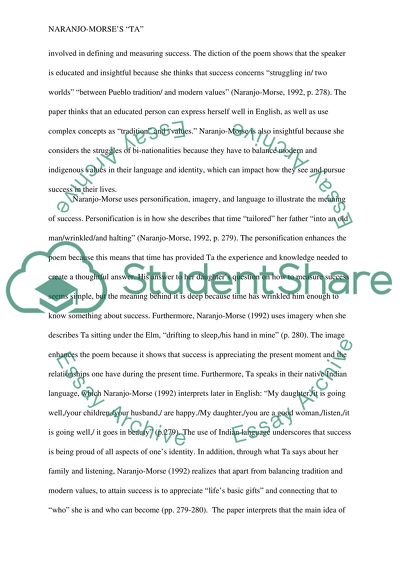Cite this document
(“English Literature Essay Example | Topics and Well Written Essays - 1750 words”, n.d.)
Retrieved from https://studentshare.org/literature/1493500-english-literature
Retrieved from https://studentshare.org/literature/1493500-english-literature
(English Literature Essay Example | Topics and Well Written Essays - 1750 Words)
https://studentshare.org/literature/1493500-english-literature.
https://studentshare.org/literature/1493500-english-literature.
“English Literature Essay Example | Topics and Well Written Essays - 1750 Words”, n.d. https://studentshare.org/literature/1493500-english-literature.


